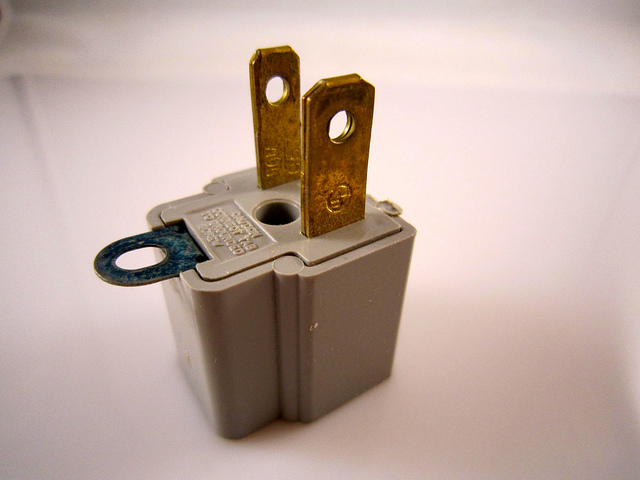Guest Post from Jacob Barry
Off Campus Living
Renting off campus housing can be an amazing relief from the craziness dorms often become. There’s less noise, more privacy, and depending on the setting it can feel a bit more organic than the cinder block rooms of on campus residencies.
 Nevertheless one of the drawbacks is having to keep tabs on certain things such as utility usage, which in the dorms is pretty much an afterthought. After all, when was the last time a student was able to turn down the thermostat because it was too hot? At many schools the heat blasts and if it’s too warm students simply open a window.
Nevertheless one of the drawbacks is having to keep tabs on certain things such as utility usage, which in the dorms is pretty much an afterthought. After all, when was the last time a student was able to turn down the thermostat because it was too hot? At many schools the heat blasts and if it’s too warm students simply open a window.
When living off campus utilities need to be used more carefully and looked after with greater emphasis on efficiency. That way bills will be lower and there is less of an impact on the environment.
That being the case consider the following core areas where utility efficiency is usually an issue and tips for maximizing it when living off campus.
Lighting
Power companies burn fossil fuels to meet a population’s energy demands, yet this creates large amounts of pollution. One way to slow demand is switch out all incandescent light bulbs around the living space for compact fluorescent lights (CFLs). CFLs use up to 80% less energy which translates into big savings, especially when a bulb gets left on over the weekend or you’re pulling an all nighter before an exam.
Heating/AC
Air conditioning is usually powered by electricity and heating by either electricity, oil or gas. Nevertheless, depending on the usage warming or cooling a living space can be an expensive proposition. That said there are a number of things that can be done to ensure better efficiency so whatever system is being used there’s little working against it.
-
Fix drafts: Drafts cause temperatures to fluctuate in spaces where heating and air conditioning is supposed to be thermostat controlled. As a result systems work inefficiently and have a lot of added stress. For the best results drafts around windows and doors need to be sealed and can be done at minimum cost by caulking.
-
Maintenance: Heating, Venting and Cooling (HVAC) units need to have their filters cleaned or replaced according to usage. For example, if they run often inspect every two months.
-
Layers: In the warmer months wear more layers before turning up the heat. In the spring and summer wear something lighter before turning up the AC.
Water
With many parts of the US experiencing a drought in recent years water conservation is important because fresh water, especially in more arid regions, isn’t as abundant as it used to be. For more efficient water usage keep these tips in mind:
-
Conservation: When washing dishes, brushing teeth, and taking a shower try turning off the water when it’s not needed like when scrubbing or soaping up.
-
Reuse: Wherever water can be reused do your best to make it happen. For instance, if there’s water left in the kettle use it to feed the plants. If you’re waiting for the right temperature before hopping into the shower catch the early flow in a bucket and use it to wash the floors.
Related Links
Off Campus Connection at the University of Arkansas
______________________________________________________________________________________________

